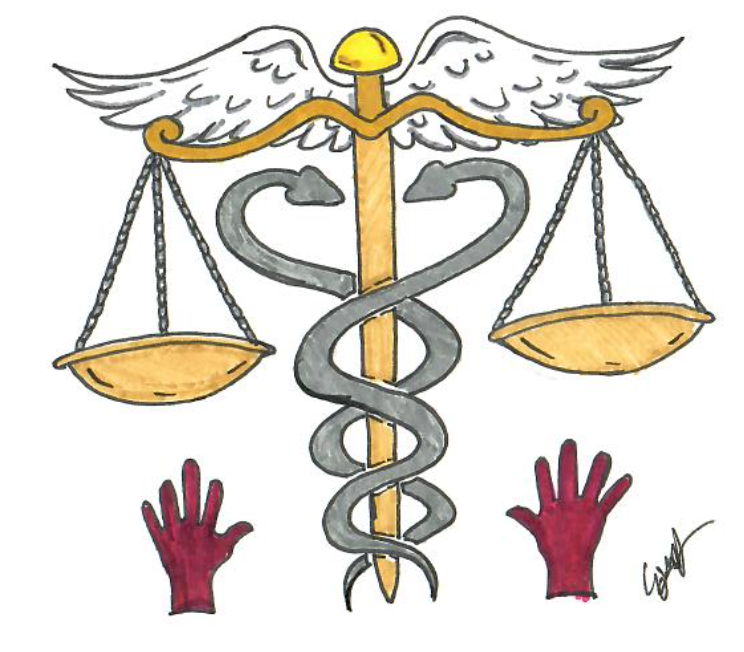Engaging Stakeholders for Institutional Self-Reflection to Advance Health Equity
Keywords:
social accountability, ISAT, assessment, stakeholder engagement, health equityAbstract
There has been growth of health inequities in health status and access to healthcare in the last century. The discrepancy in health needs to be restored by reemphasizing the importance of social accountability in health professions education. Introducing and promoting social accountability to health professions education institutions would provide double benefit as they will train and graduate healthcare professionals and operate as institutions with great consideration of social accountability and social determinants of health. The Institutional Self-Assessment of Social Accountability Tool (ISAT) has been designed and used to assist academic health sciences institutions in understanding their social accountability level and advances. The tool was developed as a collaborative initiative by the Pan-American Health Organization (PAHO-WHO). It brought together experts from organizations that developed tools to assess social accountability: the Training for Health Equity Network (THEnet), AMEE ASPIRE Awards, and the Beyond Flexner Alliance, now the Social Mission Alliance. Since 2021, a total of 10 institutions from countries in the North America, Latin America, Africa, Eastern Mediterranean, and South Asia have completed the assessment and benefit from the process for their institution’s social accountability growth. Nevertheless, there have been challenges in assessing institutional social accountability, including stakeholder engagement and dissenting opinions on the definition of social accountability. This paper is an attempt to reintroduce the importance of social accountability through stakeholder engagement and share some reflection on the use of ISAT from the past 2 years, which later will provide some suggestions for academic health institutions to engage in self-reflection and assessment of their social accountability advancements.
Downloads
Published
How to Cite
Issue
Section
Categories
License
Copyright (c) 2023 Robert Woollard, Prattama Santoso Utomo, Björg Pálsdóttir, Andre-Jacques Neusy, José Francisco García Gutiérrez (Author)

This work is licensed under a Creative Commons Attribution-NonCommercial-NoDerivatives 4.0 International License.
The Social Innovations Journal permits the Creative Commons License:
CC Attribution-NonCommercial-NoDerivatives 4.0
Under the following terms:
-
Attribution — You must give appropriate credit, provide a link to the license, and indicate if changes were made. You may do so in any reasonable manner, but not in any way that suggests the licensor endorses you or your use.
-
NonCommercial — You may not use the material for commercial purposes.
-
NoDerivatives — If you remix, transform, or build upon the material, you may not distribute the modified material.
- No additional restrictions — You may not apply legal terms or technological measures that legally restrict others from doing anything the license permits.
Notices:
- You do not have to comply with the license for elements of the material in the public domain or where your use is permitted by an applicable exception or limitation.
- No warranties are given. The license may not give you all of the permissions necessary for your intended use. For example, other rights such as publicity, privacy, or moral rights may limit how you use the material
Copyright and Publishing Rights
For the licenses indicated above, authors retain the copyright and full publishing rights without restrictions.





